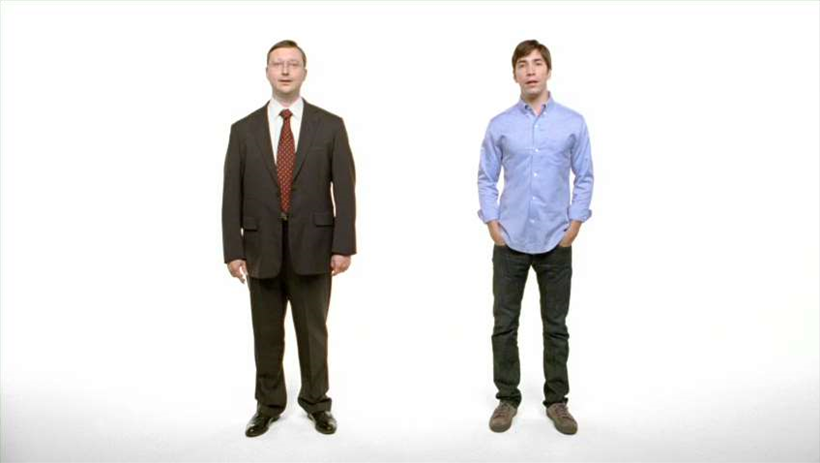From being singled out in a 1995 Dilbert comic as “deviant” to the infamous ‘I’m a Mac, I’m a PC’ campaign of the mid 2000’s, Apple users have always known they’re a bit different.
Now there’s research to prove it.
It turns out Apple users are more likely to make mobile transactions, log onto public wi-fi and to know what virtual private networks (VPNs) are than “non-Apple” users, a survey of 2000 people by market research firm Toluna Analytics has found.
The research was commissioned by the Finnish IT security company F-Secure.
According to the survey, Apple users are far more likely to trust public wi-fi services, with 56 percent logging sessions at least once a week “compared to 29 percent of non-Apple respondents”.
They are also more likely to have been exposed to virtual private networks - with around 30 percent using one compared to 17 percent of users of other platforms – or to know what VPN even stands for.
The survey found almost 44 percent of non-Apple users that couldn’t explain the acronym, versus 31 percent of Apple users.
Apple users also display far more trust when completing transactions on mobile devices – with 46 percent of respondents going mobile-first for online banking and shopping, compared to 14 percent of non-Apple device users.
From that, however, the majority of users, both Apple and non-Apple, still prefer a desktop or laptop computer for performing these types of transactions.
Personality test
Like the Get a Mac ad campaign, F-Secure’s survey also attempts to extrapolate and correlate personality traits with operating system choice.
But this is potentially dangerous territory.
Windows users – or more specifically, users of Microsoft’s Internet Explorer browser – have previously been lampooned by hoax research for having lower IQs than users of other browsers.
F-Secure is a bit softer, but tries to test the perception of Apple users as “creative”.
Respondents were asked, ‘Which attribute would your friends be more likely to describe you as having?’ Two possible responses were available: creative (“you are more likely to create something new to stretch the goals”) and efficient/practical (“you rather get things done and potentially make compromises”).
The result, perhaps predictably, is that Apple users “felt their friends would describe them as ‘creative’” more so than non-Apple users.
However, users of Windows and other operating systems stake a claim at being more efficient at getting things done than their Apple counterparts.
The transfer of cool
The operating system religious wars have firmly reignited in 2015 as Microsoft reinvigorates its image and – in the words of the press – rediscovers its “cool”.
Between Windows 10, the Surface tablets, the free Hyperlapse Pro app and the HoloLens augmented reality system, the company has found a way to excite and potentially attract a new wave of Windows users.
“Microsoft has a buzz around it that it hasn't had since Windows 95,” Seeking Alpha declared last month. “Microsoft is cool again.”
It is also rediscovering its corporate personality. “A ninja cat riding a fire-breathing unicorn is exactly why Microsoft is cool again”, The Verge reported as Windows enthusiasts hunted down a laptop sticker that had been doing the rounds on Microsoft’s campus, and a t-shirt that poked fun at the lack of Windows 9.
None of this has gone unnoticed in Cupertino.
Within minutes of kicking off the keynote address at its annual developer conference, Apple had a snipe at Windows 8.1 adoption rates compared to OSX, although its comparison did not go unchallenged.
When Windows 10 arrives on July 29 and is free to consumers for a year, the gap in adoption rates is likely to close further.
All of which means that in the not-too-distant future, Apple and non-Apple users might not think that differently after all.










